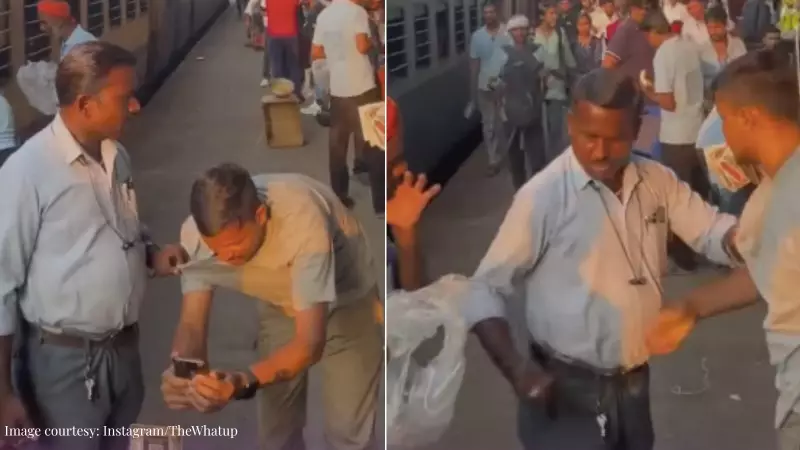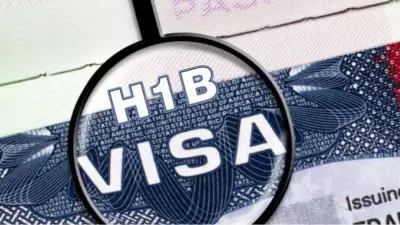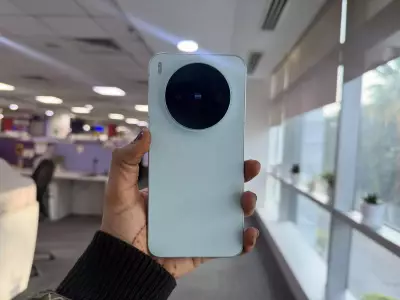
In a scene straight out of economic history textbooks, the ancient barter system made an unexpected comeback at Jabalpur railway station when modern digital payments failed at the most crucial moment.
The Desperate Exchange
As the train began chugging away from the platform, a hungry passenger found himself in a peculiar predicament. He had already taken the freshly prepared samosas from a vendor but his UPI payment refused to go through. With the train gathering speed and no cash in hand, both parties had to think fast.
A Time-Sensitive Negotiation
What followed was a rapid negotiation that would make any economics professor proud. The samosa seller, understandably unwilling to let his goods go unpaid, and the passenger, unable to complete the digital transaction, arrived at an unconventional solution.
The passenger removed his wristwatch and handed it to the vendor as temporary collateral until payment could be properly arranged. This impromptu arrangement highlights the vulnerabilities of our increasingly cashless society.
Digital India Meets Ancient Economics
This incident serves as a stark reminder that while India marches rapidly toward digitalization, technological glitches can still push us back to prehistoric trading methods. The UPI system, while revolutionary, isn't infallible - especially in situations where time is of the essence.
Broader Implications
The Jabalpur samosa incident raises important questions about our complete reliance on digital payments:
- What happens when technology fails at critical moments?
- Should vendors and passengers always have backup payment options?
- How reliable is digital infrastructure in time-sensitive situations?
This isn't just about samosas and wristwatches - it's about the fragile nature of our digital economy and how quickly modern transactions can revert to ancient practices when technology falters.
Social Media Reaction
The story has captured public imagination, with many Twitter users sharing similar experiences of digital payment failures in crucial situations. Some have praised the vendor's quick thinking, while others see it as a warning about over-reliance on technology.
As India continues its digital transformation journey, the Jabalpur samosa-watch exchange serves as both an amusing anecdote and a cautionary tale about maintaining flexibility in our payment ecosystems.





